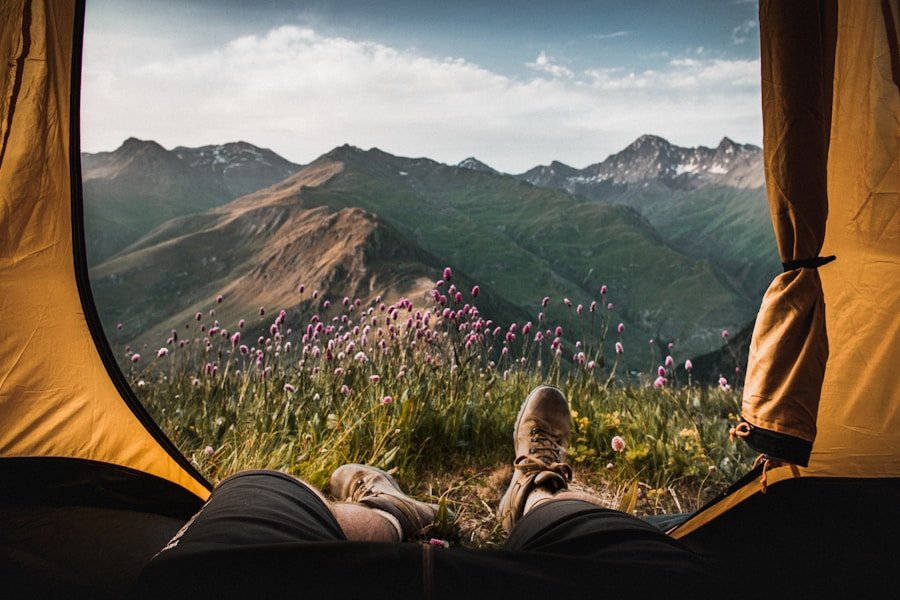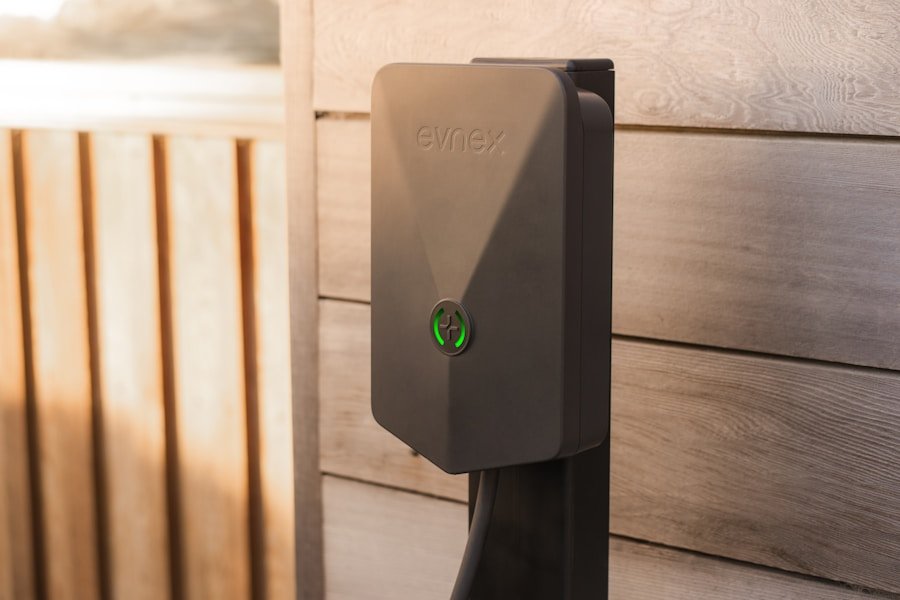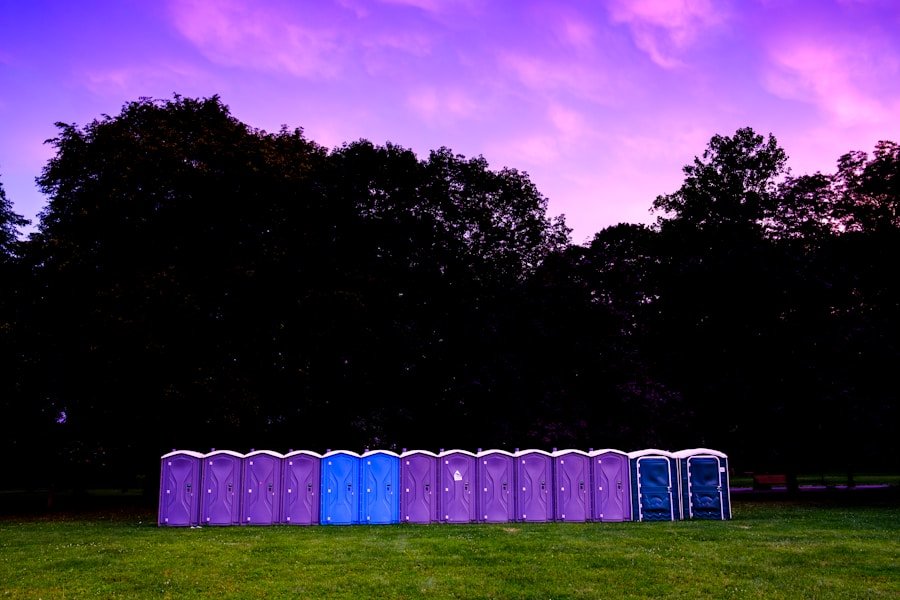When preparing for a camping trip, it is essential to consider the weight and bulk of your gear, as you will likely be carrying it on your back for a significant portion of the journey. To avoid unnecessary strain and optimize pack space, it is recommended to leave heavy and bulky items behind. Resist the temptation to bring oversized coolers or heavy cookware, such as cast iron skillets, and instead opt for lightweight and compact alternatives, like collapsible coolers and portable camping stoves.
Furthermore, carefully select your clothing and gear to minimize weight and pack only the essentials, ensuring a manageable and efficient load. In addition to the physical burden, it is crucial to consider the environmental implications of carrying heavy and bulky items. The weight and bulk of your gear can cause trail damage, contribute to erosion, and have a negative impact on campsites.
By leaving these items behind, you can significantly reduce your environmental footprint and help preserve the natural surroundings for future generations to enjoy.
Key Takeaways
- Heavy and bulky items like unnecessary cooking equipment can weigh you down and take up valuable space in your pack.
- Non-essential electronics such as hair dryers and video game consoles can detract from the natural experience of camping and add unnecessary weight to your pack.
- Packing excessive clothing and shoes can lead to overpacking and make it difficult to carry your gear over long distances.
- Fragile or breakable items are at risk of getting damaged during the rough and tumble of a camping trip, so it’s best to leave them at home.
- Non-biodegradable waste like plastic packaging and disposable utensils can harm the environment, so it’s important to pack out what you pack in and minimize your impact on the natural surroundings.
Non-Essential Electronics
The Drawbacks of Non-Essential Electronics
While a smartphone or GPS device can be useful for navigation and communication, items such as laptops, tablets, and gaming devices are unnecessary and can detract from the overall camping experience.
Embracing the Opportunity to Disconnect
Instead of spending your time staring at a screen, embrace the opportunity to disconnect from technology and immerse yourself in the natural world around you. Additionally, non-essential electronics can also pose a risk to the environment if not properly disposed of.
Reducing Electronic Waste and Protecting the Environment
By leaving non-essential electronics at home, you can reduce the amount of electronic waste generated during your camping trip and help protect the natural environment for future generations to enjoy.
Excessive Clothing and Shoes
When packing for a camping trip, it’s important to pack light and only bring the essentials. This means leaving behind excessive clothing and shoes that you won’t need during your time in the great outdoors. While it may be tempting to pack multiple outfits for every possible weather condition, doing so will only weigh you down and take up valuable space in your pack.
Instead, opt for versatile clothing items that can be layered for warmth or removed for cooling, and choose lightweight and durable footwear that is suitable for hiking and other outdoor activities. In addition to the weight and space considerations, excessive clothing and shoes can also have a negative impact on the environment. Bringing along multiple outfits means more laundry and more water usage, which can be detrimental in areas where water is scarce.
Additionally, if clothing or shoes are made from non-biodegradable materials, they can contribute to pollution and waste if not disposed of properly. By packing only the essentials when it comes to clothing and shoes, you can minimize your impact on the environment and ensure that you have everything you need for a comfortable and enjoyable camping experience.
Fragile or Breakable Items
| Item | Reason |
|---|---|
| Heavy Cookware | It adds unnecessary weight to your backpack |
| Non-essential Electronics | They can distract from the natural experience |
| Perishable Foods | They can spoil quickly in the wilderness |
| Valuable Jewelry | It can get lost or damaged during outdoor activities |
| Uncomfortable Shoes | They can cause blisters and discomfort during hikes |
When packing for a camping trip, it’s important to remember that your gear will likely be subjected to rough handling and potentially harsh conditions. This means that fragile or breakable items should be left at home to avoid damage or breakage during your outdoor adventures. While it may be tempting to bring along your favorite wine glasses or delicate cookware, these items are not practical for camping and are likely to end up broken or damaged.
Instead, opt for durable and shatterproof alternatives that can withstand the rigors of outdoor use. In addition to the risk of breakage, fragile or breakable items can also pose a risk to the natural environment if not properly disposed of. Broken glass or ceramics can pose a hazard to wildlife and other campers, and can also contribute to pollution if not cleaned up properly.
By leaving fragile or breakable items at home, you can help minimize your impact on the environment and ensure that your camping trip is safe and enjoyable for everyone involved.
Non-Biodegradable Waste
One of the most important considerations when packing for a camping trip is how to minimize your impact on the natural environment. This means being mindful of the waste that you generate during your time in the great outdoors, and making an effort to minimize non-biodegradable waste as much as possible. When packing for your camping trip, be sure to avoid bringing items that are made from non-biodegradable materials, such as single-use plastics or other disposable items.
Instead, opt for reusable alternatives that can be used multiple times and then properly disposed of or recycled. In addition to avoiding non-biodegradable waste in your packing, it’s also important to be mindful of the waste that you generate while camping. This means being diligent about properly disposing of any trash or waste that you produce, and making an effort to leave your campsite cleaner than you found it.
By minimizing non-biodegradable waste during your camping trip, you can help protect the natural environment and ensure that future generations can enjoy the same pristine wilderness that you do. In conclusion, when packing for a camping trip, it’s important to be mindful of the impact that your choices can have on both your own experience and the natural environment. By avoiding heavy and bulky items, non-essential electronics, excessive clothing and shoes, fragile or breakable items, and non-biodegradable waste, you can ensure that your camping trip is safe, enjoyable, and environmentally responsible.
With careful planning and consideration, you can pack everything you need for a comfortable and memorable camping experience while minimizing your impact on the natural world around you.
FAQs
What are some items that should never be packed for a camping trip?
Some items that should never be packed for a camping trip include perishable food items that can spoil easily, heavy and bulky kitchen appliances, excessive amounts of clothing, unnecessary electronic devices, and fragile or valuable items that could get damaged.
Why should perishable food items be avoided when packing for a camping trip?
Perishable food items should be avoided when packing for a camping trip because they can spoil easily without proper refrigeration, leading to foodborne illnesses and attracting wildlife to the campsite.
What is the reason for avoiding heavy and bulky kitchen appliances when packing for a camping trip?
Heavy and bulky kitchen appliances should be avoided when packing for a camping trip because they take up valuable space and add unnecessary weight to your camping gear, making it more difficult to transport and set up at the campsite.
Why is it recommended to avoid packing excessive amounts of clothing for a camping trip?
It is recommended to avoid packing excessive amounts of clothing for a camping trip because it adds unnecessary weight to your backpack, takes up valuable space, and can be easily washed and dried at the campsite if needed.
What is the rationale behind avoiding unnecessary electronic devices when packing for a camping trip?
Unnecessary electronic devices should be avoided when packing for a camping trip because they distract from the natural camping experience, require access to power sources, and can be easily damaged in outdoor environments.
Why should fragile or valuable items be left at home when packing for a camping trip?
Fragile or valuable items should be left at home when packing for a camping trip because they are at risk of getting damaged or lost in the outdoor environment, and can distract from the immersive camping experience.













